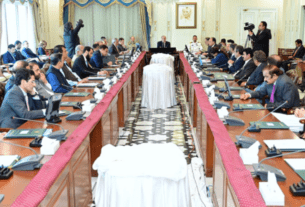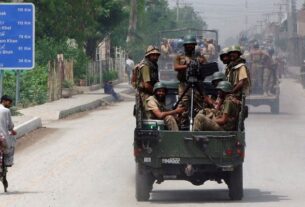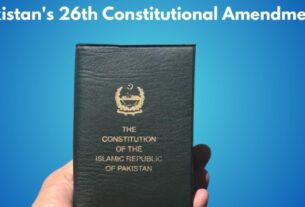1. Petrol Price
Pakistan’s petrol price has long been a national issue because of its significant effects on inflation, the economy, and people’s daily lives. There is a lot of interest in and conversation about the recent announcement of a Rs 7.85 per liter drop in gas prices under the caretaker government.
This comes while the domestic economy is already struggling with inflation and political unpredictability, and the world oil market is erratic. This article will examine the price reduction’s many facets, its impact on the economy, and any possible long-term repercussions for Pakistan.
2. Gasoline Price
The country has taken notice of the caretaker government’s move to lower the price of gasoline to Rs 7.85 per liter. The statement, which attempts to offer customers short-term respite, is especially noteworthy in light of the worldwide economic difficulties that several nations, including Pakistan, are currently facing. This price cut is viewed as a step that will benefit transportation and other industries in a nation where fuel prices have a direct impact on living expenses. The longevity of this price reduction and its possible effects on the national economy are still up for debate, though.
3. Petrol Price Stability
In Pakistan, fuel prices have long been a divisive topic. Fuel pricing is a complicated subject because of the nation’s reliance on imports and fluctuations in the price of oil globally. As Pakistan struggles with rising inflation and a faltering economy, the decision to cut petrol prices was made. By lowering fuel costs, the government intends to both boost economic activity and give the public instant respite. However, considering the volatility of international markets, this decision also calls into question the stability of fuel prices in the future.
4. Effects on Industries and Consumers
The drop in gas costs is a pleasant comfort for customers. Reduced fuel prices translate into lower transportation costs, which has an immediate effect on household finances. For people who depend on their own cars or public transportation for everyday commute, this change is particularly crucial. In addition to homes, lower operating expenses are anticipated to help a number of industries, including manufacturing and logistics. Some analysts caution that this price reduction would only offer short-term respite and that future changes might result in abrupt rises in fuel prices, which would have long-term effects on businesses and consumers.
5. Political Impact of Petrol Price Cut
There are political ramifications to the caretaker government’s announcement of a decrease in the price of gasoline. Fuel prices are frequently a touchy subject that can sway public sentiment, particularly during hard times financially. The caretaker government’s attempt to lessen the public’s financial burden by cutting petrol prices puts pressure on succeeding administrations to keep or further cut rates. Political instability and popular unhappiness could result from any prospective rise in fuel prices in the near future.
6. Imported Oil Prices in Pakistan
Due to Pakistan’s reliance on imported oil, changes in the global oil market can have a direct impact on domestic fuel prices. The recent price reduction was made possible by favorable global oil rates, but experts warn that the global oil market is unpredictable and that any sudden increase in prices could force the government to revise petrol prices upward. Because of this uncertainty, it is difficult to predict whether the current fuel prices will remain stable over the long term.
7.Impact of Gas Price Reduction in Pakistan
Although consumers and businesses are anticipated to benefit immediately from the drop in gas prices, it is unclear how the economy will fare in the long run. Lowering the price of gasoline may result in more people using it, which could put pressure on the nation’s oil import budget. Furthermore, the government’s financial reserves and capacity to oversee global trade determine its ability to keep fuel costs low. Additionally, there is worry that a protracted time of low gasoline costs may make it more difficult for the government to fund investments in sustainable solutions like renewable energy.
8. Sustainability of Fuel Price Cuts
One of the primary questions is whether the gasoline price reduction would be sustainable. It may be challenging to maintain lower fuel prices over long, even though the caretaker government’s action provides some reprieve. Pakistan’s heavy reliance on oil imports and the instability of global oil markets make it difficult to guarantee stable or reduced fuel prices indefinitely. The government must closely monitor global oil patterns and adjust restrictions as needed to ensure that any future price hikes are within the reach of the general populace.
9. Rs 7.85 per liter Petrol Price Relief in Pakistan
The move by the interim government to reduce petrol prices by Rs 7.85 per litre is a positive start towards providing financial relief to Pakistanis. Despite widespread business and public support for this action, there is continuous debate on the long-term viability of such measures. Fuel prices anticipated to continue a major worry for both the public and politicians in the years to come, given the volatility of global oil prices and Pakistan’s economic challenges.
The largest challenge going forward will be striking a compromise between keeping fuel inexpensive for consumers and safeguarding the nation’s financial stability. As the global economy continuously shifts, the government must remain flexible in how it determines fuel pricing.




